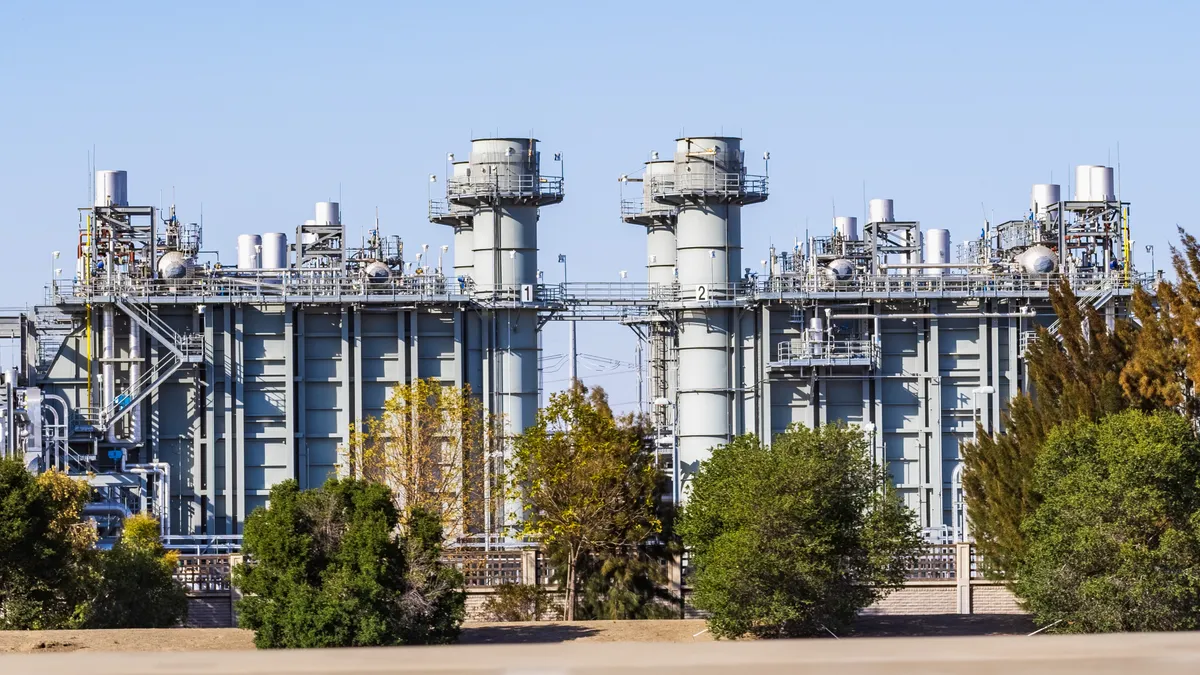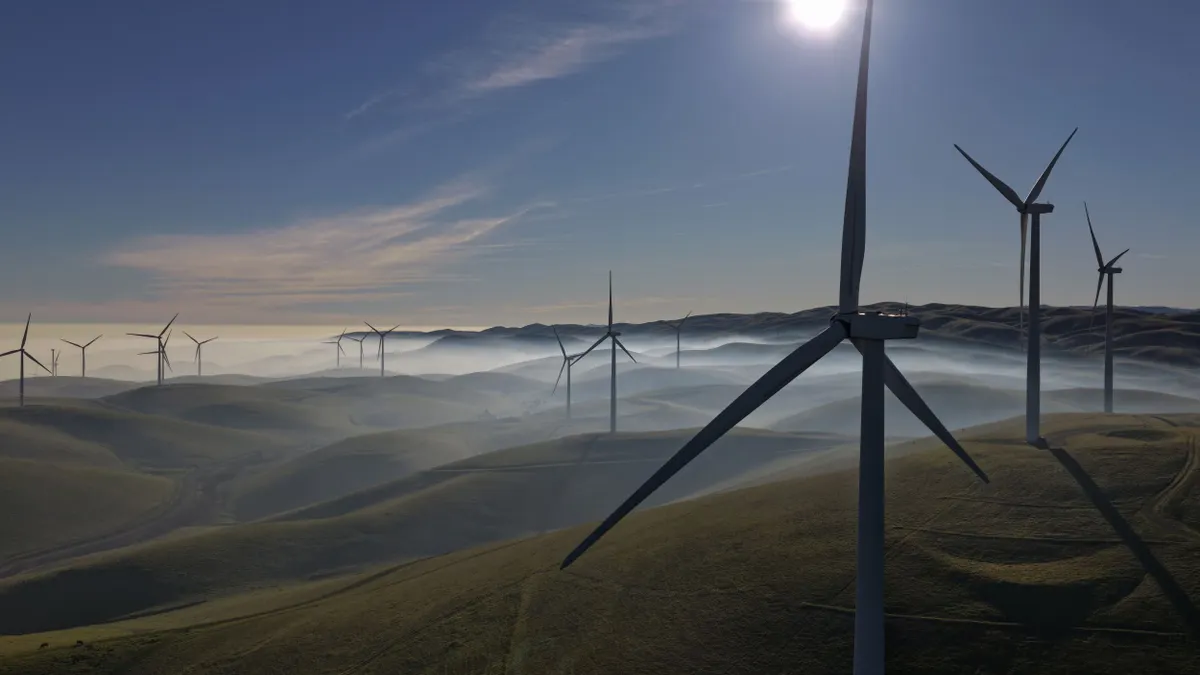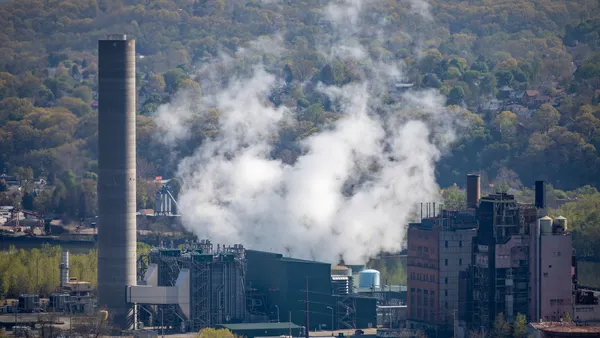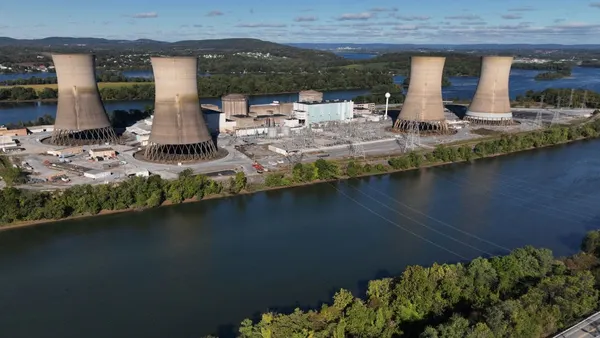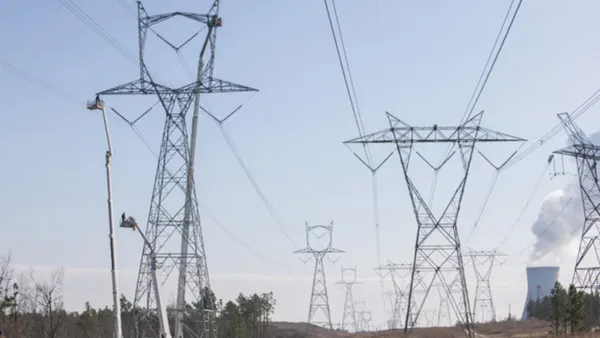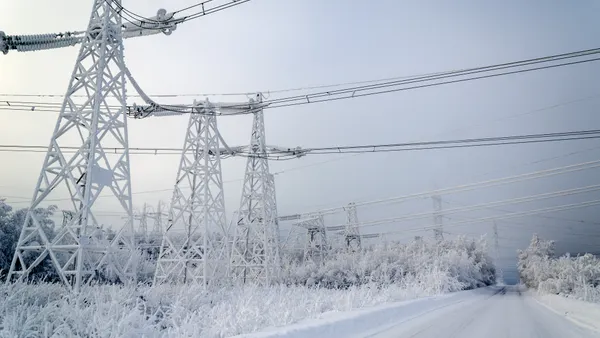Gas-fired generation built for data centers could serve as a bridge to a net negative carbon emissions era, according to Clair Moeller, president and chief operating officer of the Midcontinent Independent System Operator.
“We need to create the conditions for economic growth. At the same time, we need to help people continue their goals towards zero carbon,” Moeller said Monday at the National Association of Regulatory Utility Commissioners’ annual meeting in Anaheim, California.
It’s possible to obtain net negative carbon emissions while using gas-fired generation during certain periods, Moeller said, noting that roughly every three years there is a 70 hour to 80 hour stretch when it is overcast and the wind isn’t blowing — effectively preventing power production from wind and solar resources.
“In the short run, it will be difficult to build a no- or low-carbon fleet because of [a lack of needed] technology,” Moeller said, adding that he thought small modular reactors were likely 20 years away.
Potentially, data centers could pay for gas-fired generation to power their facilities in the short-term — then, over time, those power plants could be used as emergency backup power for the grid, according to Moeller.
However, that requires building improved relationships between the electric and gas industries, according to Moeller.
On-site gas storage is a potential solution, which would avoid building additional pipeline infrastructure, Moeller said. On-site liquefied natural gas could be used for pipeline peak shaving by the gas sector, he said.
After no significant load growth for two decades, MISO is seeing surprising growth across its footprint, including from data centers, Moeller said. Data centers are showing up with 2.5-GW proposals, equaling the size of Indianapolis, and they want to build their facilities in two years, according to Moeller.
Regulatory structures are designed to prevent rapid buildouts — partly in response to previous power sector overbuilds — but “suddenly we need to go fast,” Moeller said.
Moeller urged states to work together to find common solutions even when they have different goals. In MISO transmission planning, for example, one state’s goals may be driven by carbon reduction while another’s is driven by economic growth, he said.
“We have to remember to listen to each other and find that common ground,” Moeller said. “It's really important we hang together. Our goals don't have to be the same. We just have to see the solutions where they intersect.”



